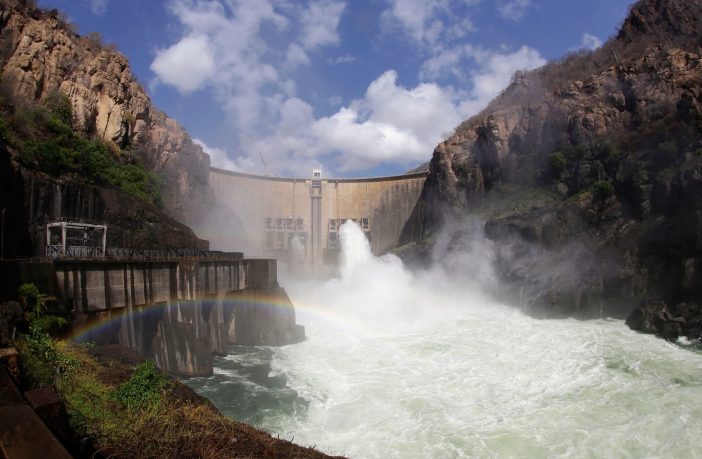- The Mozambican government has selected a consortium of four companies to provide technical assistance in designing the new Mphanda Nkuwa dam.
- The consortium, selected through a public tender launched by the Ministry of Mineral Resources and Energy (Mireme) in March this year, consists of the finance firm Synergy Consulting, engineering firm Worley Parsons and law firms Baker Mckenzie and HRA Advogados.
The consortium will work with the Mphanda Nkuwa Project Implementation Office, providing technical studies and the selection of the strategic partner to be joined by the public utilities Electricidade de Moçambique (EDM) and Cahora Bassa Hydroelectric Power Station (HCB) in infrastructure development.
The hydro project is expected to have a generating capacity of 1500MW.
The dam would be 103 metres high and flood approximately 97 square kilometres (24,000 acres) of the Zambezi valley. The estimated cost of the project is US 4.2 billion.
The proposed dam is highly controversial because it would force the relocation of 1,400 families, and affect the livelihoods of a further 200,000 people downriver. Because the dam would be operated on a peaking basis, large daily fluctuations in river flow would ruin existing irrigation systems and affect aquaculture in the river’s extensive delta. The United Nations has described this project as the ‘least environmentally acceptable major dam project in Africa’.
Author: Bryan Groenendaal















